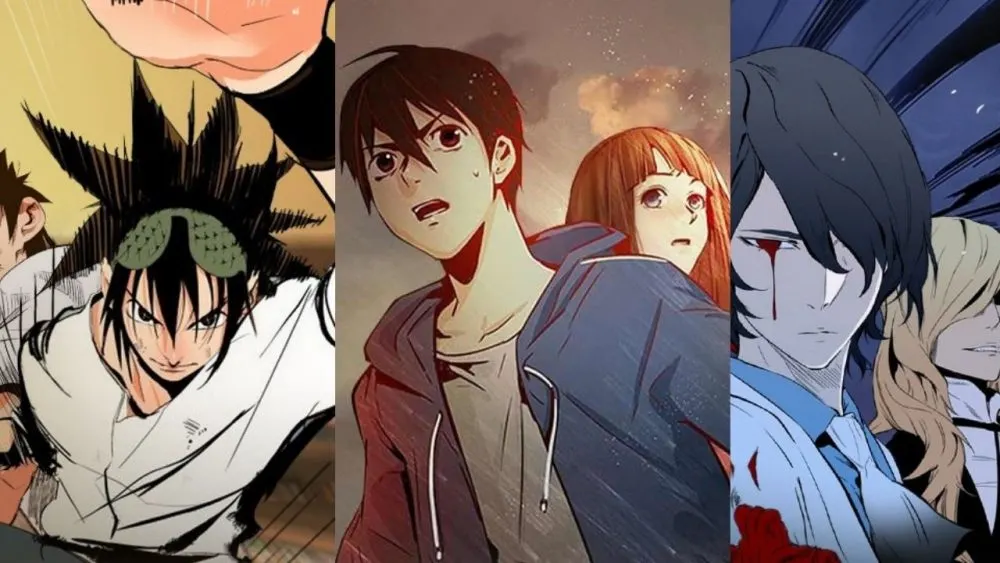Many comic websites nowadays incorporate social features to enhance the overall user experience and create a sense of community among comic enthusiasts. These features go beyond just providing comics to read; they foster engagement, interaction, and a platform for fans to connect with one another. One of the most common social features on comic websites is the inclusion of forums or community discussions. These virtual spaces allow users to communicate with each other, share their thoughts, and discuss various aspects of the comics they love. Forums provide a place where fans can geek out over their favorite characters, storylines, and artwork. It becomes a hub for exchanging theories, speculating on plot twists, and engaging in friendly debates about the comic’s direction. Community discussions on comic websites also offer an opportunity for creators to interact with their audience directly. Writers, artists, and other team members involved in the production of the comics can participate in these discussions, offering insights, answering questions, and receiving feedback from their readers.

This direct line of communication can be incredibly valuable for creators, as it helps them understand their audience’s preferences and build a more loyal and dedicated following. Beyond forums, comic websites often incorporate comment sections under individual comic pages. This allows readers to leave their reactions and thoughts on specific episodes. Comments can range from expressing excitement and anticipation for the next installment to praising the artwork or discussing plot twists. It provides an avenue for readers to share their emotional journey as they progress through the story and creates a dynamic, interactive reading experience 뉴토끼. To further foster a sense of community, some comic websites host events or contests related to their comics. For instance, they might organize fan art competitions, cosplay showcases, or character popularity polls. These activities not only encourage creativity but also serve to unite fans around a shared passion for the comic’s universe. Winners may receive recognition on the website or even get a chance to collaborate with the creators, strengthening the bond between the community and the creative team.
Additionally, social features may include the option to create user profiles where fans can showcase their favorite comics, follow other users, and curate their collections. This allows for the formation of virtual friendships and fosters a deeper connection among like-minded individuals who share similar tastes. This not only spreads the word about the comic but also enables readers to connect with new fans and engage in discussions beyond the website’s boundaries. In conclusion, social features play a pivotal role in modern comic websites, transforming them from mere platforms for reading comics into thriving communities. Forums and community discussions facilitate interaction among fans, creators, and the website itself, creating a space where ideas and enthusiasm flow freely. By incorporating various social elements, these comic websites succeed in building a passionate, engaged community of comic enthusiasts who share their love for the art form and contribute to the ongoing narrative surrounding their favorite comics.